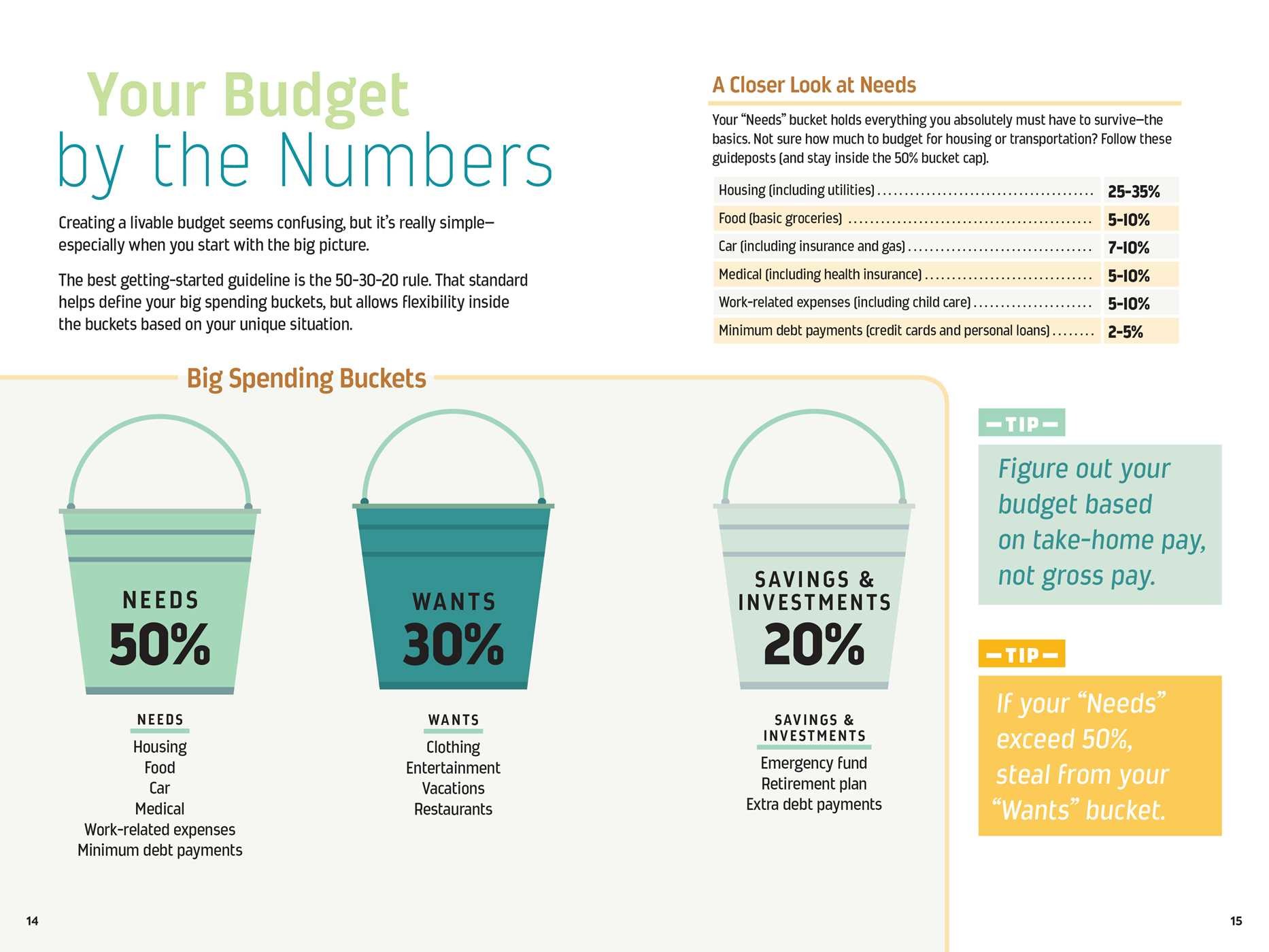The Function Of Payment Bonds Safeguarding Your Risk In The Construction Field
The Function Of Payment Bonds Safeguarding Your Risk In The Construction Field
Blog Article
Post By-Franck Bering
In the construction sector, understanding payment bonds is vital for shielding your financial rate of interests. These bonds serve as a safety net, ensuring that professionals satisfy their payment commitments to subcontractors and vendors. Yet exactly how precisely do they function, and what advantages do they offer? Recognizing the ins and outs of payment bonds can make a considerable difference in your project's success and economic protection. Allow's explore what you require to recognize.
Comprehending payment Bonds: What They Are and Exactly how They Work
When you dive into the world of building jobs, you'll commonly come across payment bonds. These financial tools serve as guarantees that specialists will certainly pay their subcontractors and distributors for labor and materials.
Basically, a repayment bond protects these parties if the specialist defaults on settlements. what is fidelity bond 's a three-party agreement including the project owner, the service provider, and the surety firm that provides the bond.
You'll locate payment bonds specifically typical in public industry projects, where they're typically mandated by regulation. If the professional falls short to pay, the surety company steps in to cover the expenses, making sure that all events get their due payment.
Comprehending surety insurance is vital for navigating the intricacies of building financing and guarding your investments.
The Advantages of payment Bonds for Professionals and Subcontractors
While payment bonds could seem like just another requirement in the building and construction sector, they offer considerable benefits to both professionals and subcontractors.
First, they make sure that you'll get paid for the work you total, protecting your cash flow and economic security. This reliability helps you focus on providing high quality work rather than worrying about payment hold-ups.
In addition, payment bonds can boost your credibility, as clients often check out adhered service providers as even more trustworthy and specialist. They additionally supply a layer of security, providing you choice if a project owner falls short to meet their payment responsibilities.
Eventually, having a settlement bond in place safeguards your passions and fosters smoother job implementation in an often uncertain atmosphere.
Key Factors To Consider When Choosing payment Bonds for Your Task
Picking the best payment bond for your job can feel overwhelming, yet a few essential considerations can streamline the process.
Initially, evaluate the bond amount; it should cover your job's overall expense to make sure appropriate security.
Next, check into the bond issuer's reputation. A dependable surety firm can make a considerable difference in your task's success.
Check the bond's details conditions, as these can differ widely and impact your legal rights.
Additionally, think about the task's size and intricacy, which may affect the type of bond required.
Lastly, talk to a construction lawyer or bond professional to clear up any unpredictabilities.
Conclusion
In conclusion, payment bonds are necessary for safeguarding your interests in the building sector. They make sure that service providers, subcontractors, and vendors get paid, cultivating depend on and smoother job execution. By understanding just how these bonds job and their advantages, you can make educated decisions when picking the right payment bonds for your tasks. Do not neglect their significance-- purchasing payment bonds can secure your economic rate of interests and add to a successful building experience.
